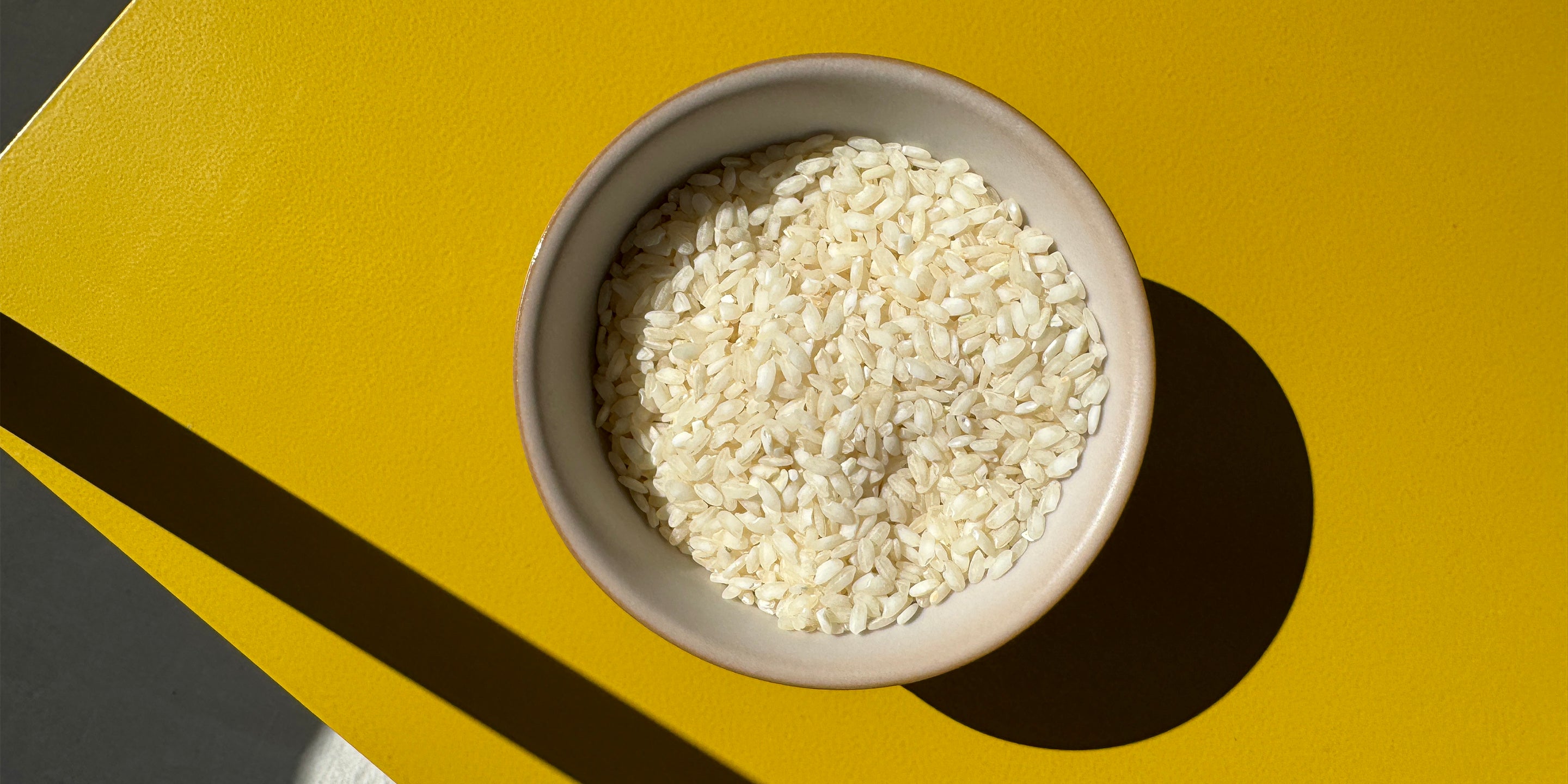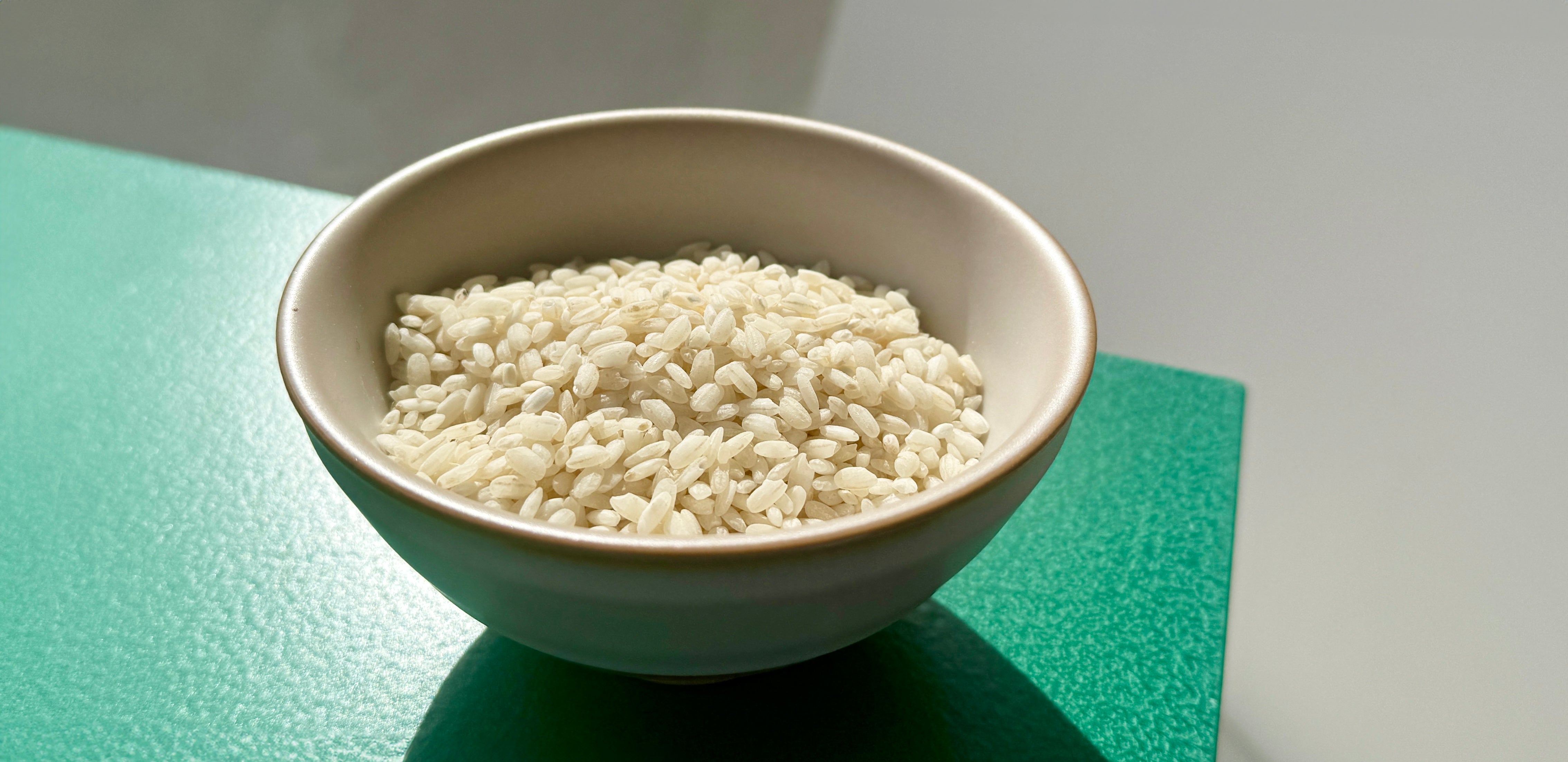Koji — our super star
and superfood ingredient
Making koji is a journey into the art of slow craftsmanship. A process that has been perfected over centuries.
The journey begins with the selection of premium organic rice, chosen for its texture and flavor. The rice is washed, steamed, and then carefully cooled to the perfect temperature to create the ideal environment for adding the koji spores.
Koji spores is a natural enzyme and is the secret behind the unique taste and health benefits of koji rice. It takes time for this mold to do its magic, breaking down the rice starches. As the days pass, the fermentation and the flavors develop, creating a rich umami profile that is the hallmark of authentic koji rice.
Beyond its exquisite taste, koji rice boasts health benefits that have been cherished for centuries. Packed with probiotics, vitamins, and essential nutrients.
KOATJI is the world’s first koji and oat plant milk.
Crafted with care, rooted in tradition, and inspired by the future. This is more than a beverage. It’s a testament to the art of slow craftsmanship, health, and good taste.
THE BENEFITS OF KOJI
ARE MANY
Koji fermentation enhances the umami, or savory taste, of foods. It imparts a depth of flavor, making dishes more complex and appealing to the palate.
Koji's enzymatic action breaks down nutrients into more easily absorbable forms. This not only aids digestion but also increases the nutritional value of the food it ferments.
The fermentation process in koji produces enzymes and beneficial compounds that are believed to have health-promoting properties. These include potential immune-boosting and anti-inflammatory effects. Koji is probiotic and naturally contains vitamin B2, B6 and B12.
Koji is incredibly versatile. Chefs around the world have started using koji to ferment vegetables, meats, and even dairy products, resulting in innovative dishes with unique textures and flavors.
Koji's fermentation process acts as a natural preservative, extending the shelf life of certain foods while maintaining their quality and taste.
Koji cultivation typically requires fewer resources compared to other forms of fermentation. It can be produced from a variety of grains, making it a sustainable and eco-friendly option.
Koji production often involves a careful balance of temperature, humidity, and time, making it a craft that skilled artisans master. This emphasis on craftsmanship contributes to the creation of high-quality, unique products.
Koji's rich history, coupled with its myriad benefits, has made it a sought-after ingredient in both traditional and modern cuisine. Its ability to transform flavors and enhance nutritional value continues to inspire chefs and foodies worldwide, ushering in a new era of culinary creativity and exploration.

